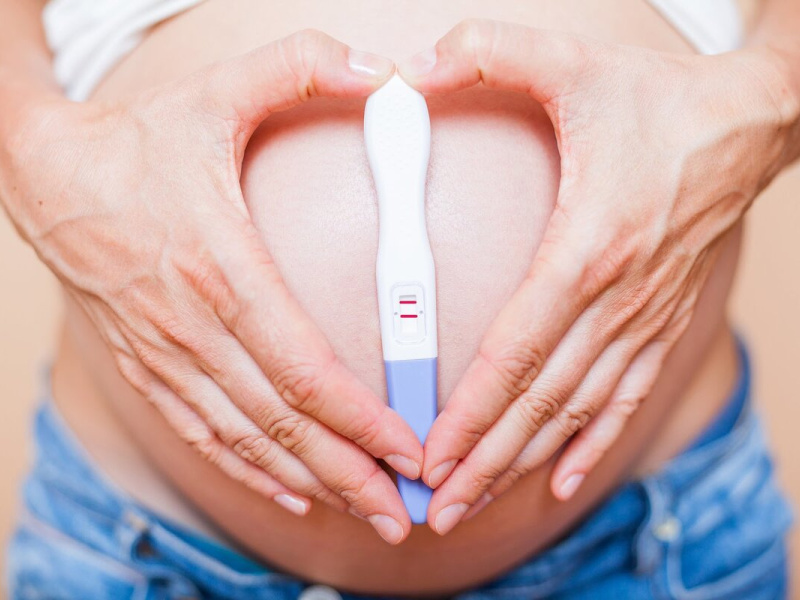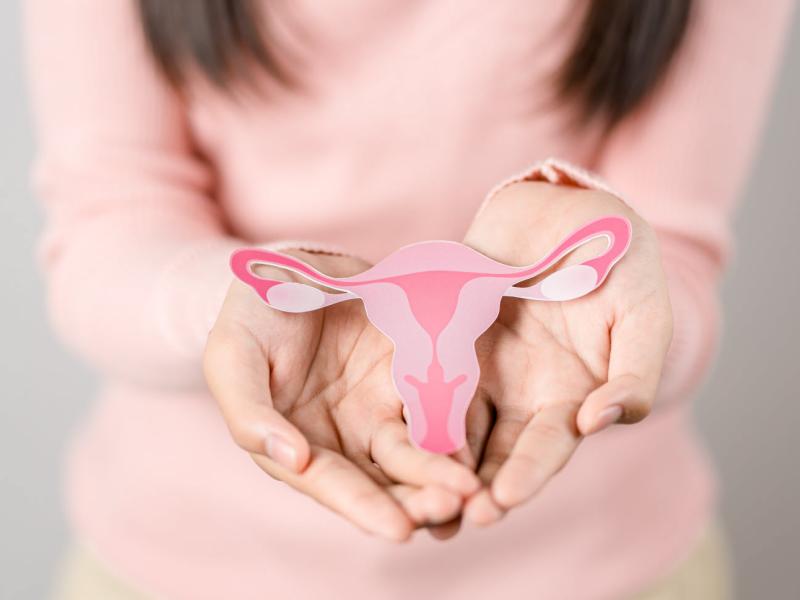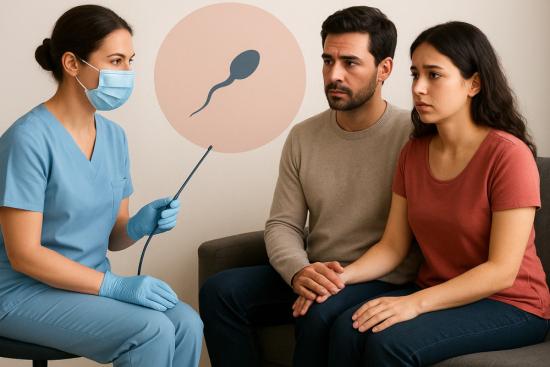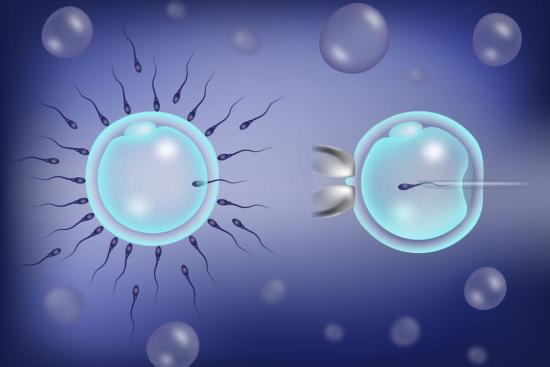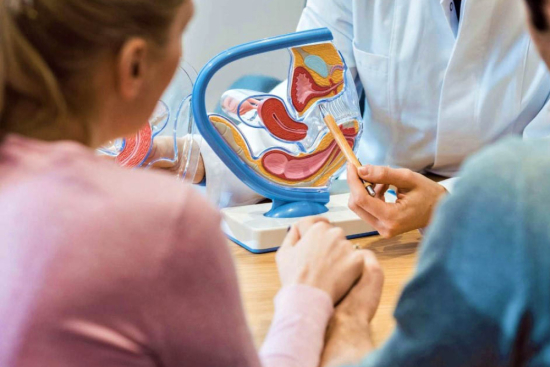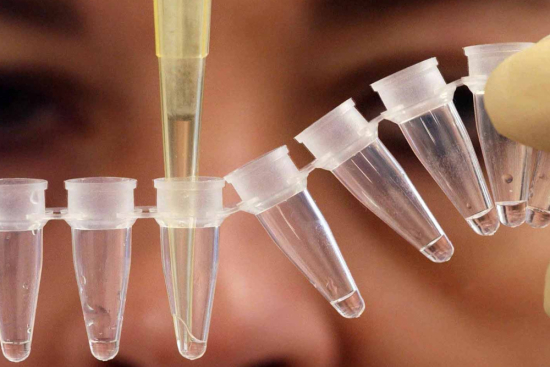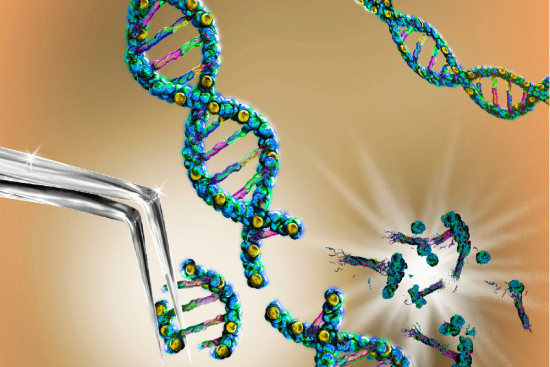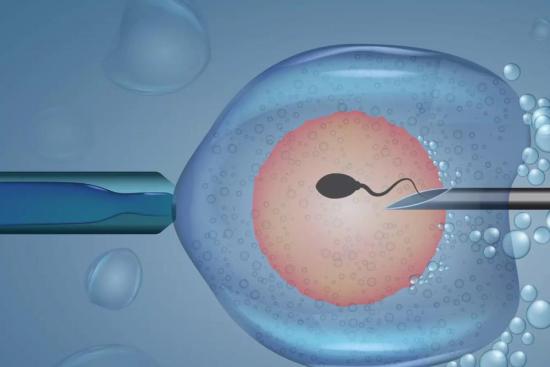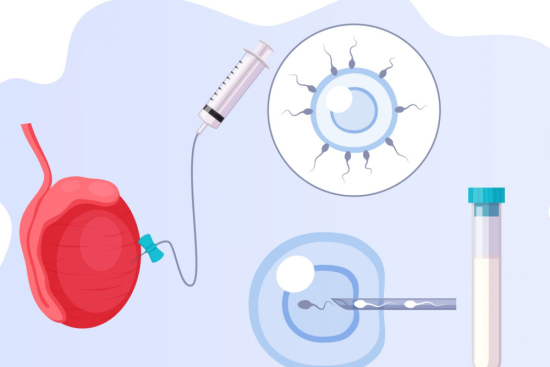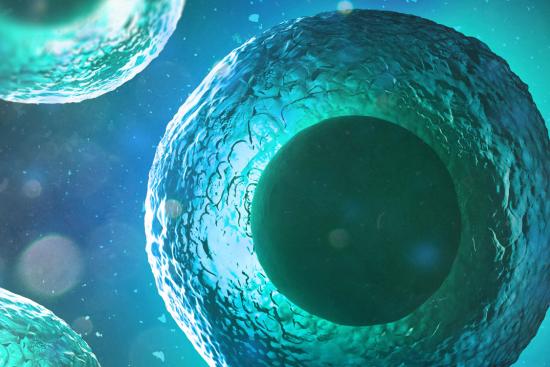Having a child is an important goal for many couples, but conceiving can sometimes be challenging. Infertility requires professional assessment and targeted treatment to increase the chances of success.
In Turkey, couples can access advanced assisted reproductive technology (ART) in modern clinics, guided by expert gynecologists and specialized platforms like Turquie Santé. Personalized care and step-by-step support help couples navigate the fertility journey safely and effectively.
Understanding fertility and its challenges
Fertility depends on many factors, and identifying the cause of difficulty conceiving is the first step toward effective treatment. Challenges can originate from the woman, the man, or sometimes both partners.
| Causes | Examples/Explanations |
| In women |
|
| In men |
|
| Mixed or unexplained causes |
|
Understanding the underlying cause is crucial for selecting the most effective treatment. In Turkey, specialized fertility clinics through Turquie Santé provide advanced diagnostics and personalized guidance to help couples navigate these challenges.
When should you consult a fertility specialist?
Many couples try to conceive for months or even years before seeking medical advice. Consulting a fertility specialist earlier can save time, provide clarity, and increase the chances of success with assisted reproductive technology (ART).
You should consider consulting a specialist if:
- You have not become pregnant after 12 months of regular, unprotected intercourse (or 6 months if you are over 35).
- There is a known medical condition such as endometriosis, repeated miscarriages, or hormonal disorders.
- Abnormalities are suspected in the male partner, such as low sperm production, varicocele, or a history of infections.
Early assessment allows for an accurate diagnosis and tailored treatment plan, which is essential for a successful fertility journey. Through Turquie Santé, you can access experienced specialists in Turkey who guide you step by step toward diagnosis and treatment.
The importance of an accurate diagnosis before ART
Before embarking on a course of assisted reproductive technology (ART), it is essential to undergo a comprehensive fertility assessment. This assessment helps identify the exact cause of infertility and tailor treatment accordingly.
Most common tests
Specialists prescribe several basic tests to get a clear picture of the couple's fertility and develop a medical strategy. These tests include:
- Hormone tests: to check the function of the ovaries or pituitary gland.
- Pelvic ultrasound: evaluation of the uterus and ovaries.
- Hysterosalpingography: examination of the fallopian tubes.
- Spermogram and spermocytogram: analysis of the quantity, quality, and motility of sperm.
- Genetic testing: useful in some cases of unexplained infertility.
Why is this diagnosis essential?
A precise assessment helps to:
- Identifying the exact cause of infertility.
- Determining the most appropriate ART technique.
- Optimizing the chances of success from the first cycle.
In Turkey, specialized ART clinics combine advanced technology with medical expertise to perform these assessments efficiently. Through Turquie Santé, couples receive personalized guidance and support at every step, ensuring a clear treatment plan and a smoother fertility journey.
Practical advice before starting fertility tests
Before beginning ART, a few simple steps can help you approach fertility testing with confidence and ease.
- Seek advice early: Don’t wait too long to consult a specialist. Early assessment can save time and help you start treatment sooner.
- Plan ahead: Some tests need to be done at specific points in the menstrual cycle, so a little organization is important.
- Involve both partners: Fertility concerns often affect both men and women. Completing the assessment together can reduce stress and streamline the process.
- Prepare your questions: Write down any doubts or concerns before your appointment to ensure you get clear answers from the start.
- Stay confident: A fertility assessment is just the first step toward a treatment plan tailored to your needs.
In Turkey, clinics supported by Turquie Santé guide couples through every step of the fertility evaluation, providing personalized advice and making the process as smooth and reassuring as possible.
What is ART?
Assisted Reproductive Technology (ART) encompasses all medical techniques that help couples conceive when natural conception is difficult or impossible. It includes several methods adapted to different types of infertility.
The main stages of an ART journey
Before choosing a technique, each ART journey follows a structured process to maximize the chances of success. Here are the main stages:
- Diagnosis and comprehensive assessment: hormone tests, ultrasounds, male and female fertility tests.
- Ovarian stimulation: preparation of eggs to maximize the chances of fertilization.
- Retrieval and fertilization: egg retrieval and fertilization in the laboratory, possibly via ICSI.
- Embryo transfer: implantation of the embryo in the uterus.
- Post-transfer follow-up: pregnancy monitoring and personalized support for each couple.
Main assisted reproductive technology (ART) techniques
Based on the results of a fertility assessment, several assisted reproductive technology (ART) methods may be recommended. Each technique addresses specific situations and has its own advantages and limitations.
| Technique | Description | Main indications | Average success rate | Advantages | Limitations |
| In Vitro Fertilization (IVF) | Eggs are fertilized in a laboratory and the resulting embryo is then transferred to the uterus. | Tubal infertility, unexplained infertility, endometriosis. | 35–45% depending on age. | Well-established and widely used; remaining embryos can be frozen for future use. | More involved procedure (ovarian stimulation + egg retrieval); higher cost than intrauterine insemination (IUI). |
| Intracytoplasmic Sperm Injection (ICSI) | A single sperm is directly injected into an egg in the lab. | Severe male infertility, very low sperm count. | 40–50% depending on age. | Provides a chance even with severely impaired sperm; often combined with IVF. | Requires a highly specialized lab; higher cost than standard IVF. |
| Intrauterine insemination (IUI) | A single sperm is directly injected into an egg in the lab. | Severe male infertility, very low sperm count. | 40–50% depending on age. | Provides a chance even with severely impaired sperm; often combined with IVF. | Lower success rate; less effective after age 38. |
| Egg donation | Eggs from a donor are used for fertilization. | Ovarian insufficiency, advanced maternal age, IVF failure. | 50–60% depending on donor’s age. | High success rates; enables pregnancy even in cases of early menopause. | Availability can be limited; emotional impact for the couple. |
The typical fertility journey with Turquie Santé
At first glance, assisted reproductive technology (ART) may seem like a complicated process. But with the support of Turquie Santé, every step is carefully planned, explained, and closely monitored—so couples can move forward with confidence and peace of mind.
Here’s a simplified timeline of a typical ART journey:
| Step | Approximate duration | Main goal | With Turquie Santé |
| Case review | 1–2 weeks | Evaluate medical history and determine the most suitable ART technique. | Secure transmission of your medical records and direct connection with leading fertility clinics. |
| Preliminary consultation | 1–2 days | Plan the treatment and answer all your questions. | Medical translation, appointment organization, and first contact with the medical team. |
| Ovarian stimulation | 10–14 days | Stimulate the ovaries to prepare multiple eggs for fertilization. | Daily follow-up, reminders for treatments, and coordination with the local medical team. |
| Egg retrieval & fertilization | 1–2 days | Retrieve mature eggs and fertilize them in the lab. | Full logistical support and real-time communication with specialists. |
| Embryo transfer | 1 day | Place the best-quality embryo into the uterus. | Practical organization and, if needed, a medical coordinator to assist. |
| Post-transfer follow-up | 2–4 weeks | Monitor early pregnancy and provide tailored support. | Continuous assistance, quick answers to questions, and close medical follow-up. |

